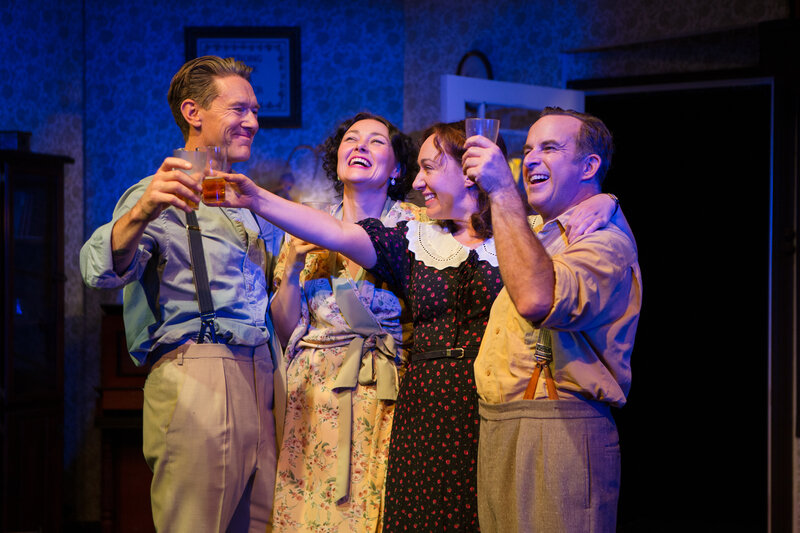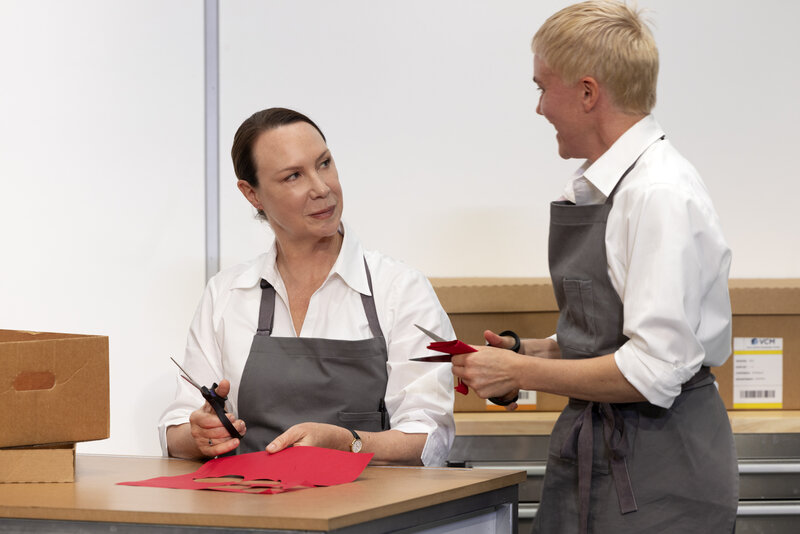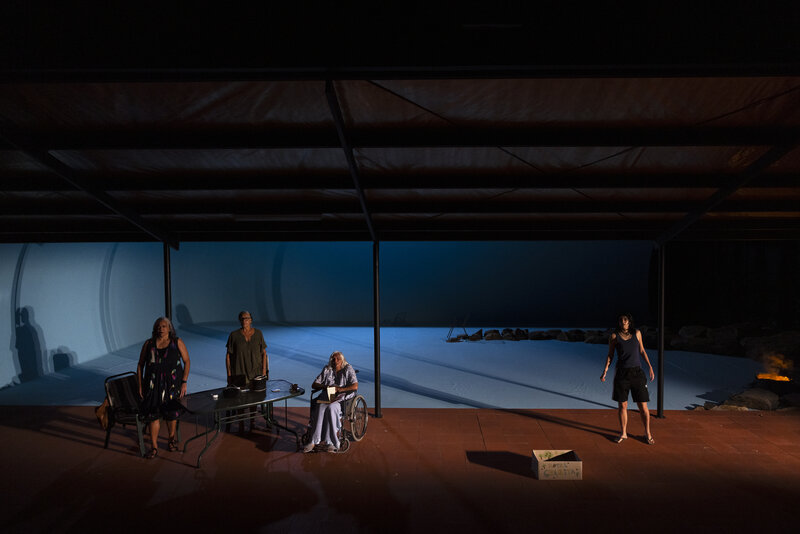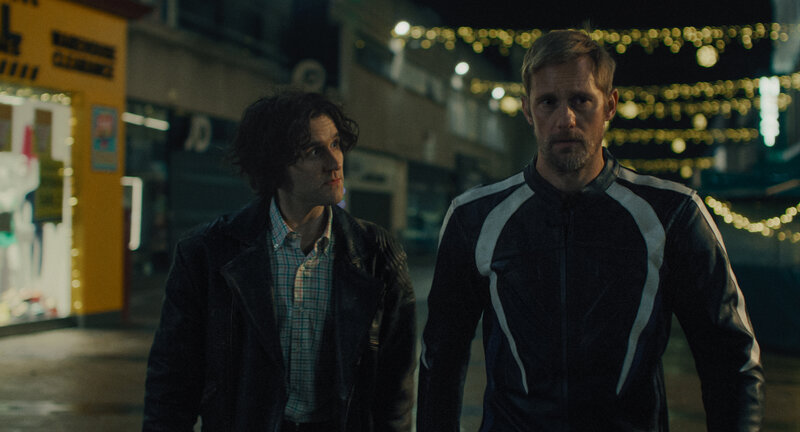I’ve never particularly been interested in climbing a mountain, and after seeing this dramatic feature about a tragic attempt to climb Mt Everest in 1996, I have even less interest. Although paradoxically many who watch the film may somehow be inspired to take up the challenge.
Since Edmund Hillary conquered Mt Everest in 1953, replicating his feat has become a challenge for many mountaineers. Approximately one in four who have tried to reach the summit of the world’s highest mountain (some 29,029 feet above sea level) have died. In the early 1990s a couple of adventure tourist companies realised the commercial potential in offering guided climbs of Everest. But in 1996, the crowded commercial climbing season saw rival groups trying to scale the mountain at the same time, which led to many unnecessary risks being taken.
 Veteran New Zealand climber Rob Hall (Jason Clarke, from Terminator Genisys) and Scott Fischer (Jake Gyllenhaal) are the rival expedition leaders who bend a few rules in their attempt to reach the peak of Everest during a break in the weather. Many of those in the climbing parties were not in the best of physical condition, nor did they have much experience. Amongst their group is Beck Weathers (Josh Brolin), a brash and wealthy Texan doctor eager to reach the peak; Doug Hansen (John Hawkes) a postman who is on his second attempt to reach the summit and is determined to succeed despite the physical toll it takes on his health; and Japanese climber Yasuko Namba (Naoki Mori), a 47-year-old woman who has climbed six of the world’s seven top mountains and wants to add Everest to her list of achievements.
Veteran New Zealand climber Rob Hall (Jason Clarke, from Terminator Genisys) and Scott Fischer (Jake Gyllenhaal) are the rival expedition leaders who bend a few rules in their attempt to reach the peak of Everest during a break in the weather. Many of those in the climbing parties were not in the best of physical condition, nor did they have much experience. Amongst their group is Beck Weathers (Josh Brolin), a brash and wealthy Texan doctor eager to reach the peak; Doug Hansen (John Hawkes) a postman who is on his second attempt to reach the summit and is determined to succeed despite the physical toll it takes on his health; and Japanese climber Yasuko Namba (Naoki Mori), a 47-year-old woman who has climbed six of the world’s seven top mountains and wants to add Everest to her list of achievements.
And then the fiercest blizzard ever seen ripped through the Himalayas, stranding several climbers. The conditions were so harsh that the support teams were unable to reach them. As a result fifteen climbers were left dead, including the veteran guides Hall and Fischer.
Everest is a physically gruelling and harrowing dramatisation of that ill fated and tragic climbing season, and is based on numerous first person accounts written by survivors, including journalist Jon Krakauer, who was a journalist for Outside magazine. Krakauer was reporting on Hall’s guided climbs for an article. The story was previously told in the 1997 telemovie Into Thin Air: Death On Everest, based on Krakauer’s own book of the same name. The film has been written by veteran screenwriters William Nicholson (Gladiator) and Simon Beaufoy (Slumdog Millionaire) and focuses on the human toll of the disaster. It also delves into the psychology of these climbers driven by the challenge.
Icelandic director Baltasar Kormakur (Contraband, 2 Guns) brings a gritty realism to the film, and his low key approach to the material works for the most part. He certainly captures many of the hardships and physical dangers in climbing above the cruising height of a jet airliner, including hypothermia, shortness of breath, the swelling of the brain, and the possibility of frostbite. And he brings in a number of personal stories for the climbers, which adds a melodramatic touch to the material. But the pacing is a little too stolid and slow to inject much suspense.
Kormakur has assembled a solid international ensemble supporting cast who throw themselves into the physically demanding roles. However, some of the characterisation is rather slim and it becomes hard to either identify with the characters or empathise with them. Australian actor Clarke has been carving out quite a career for himself in Hollywood (films like Zero Dark Thirty and Lawless) despite his lack of conventional leading man looks and appeal. But he brings a determined everyman presence to his role and his performance is solid. Gyllenhaal is lumbered with a character who is not given much depth, but he brings charisma to the underwitten part.
Brolin is brash and ultimately sympathetic as Beck who suffers enormously, while Hawkes brings a hint of vulnerability to the flawed and determined Hansen, the most sympathetic character here. Sam Worthington, who normally has a strong presence in more heroic roles (the ordinary Clash of the Titans remake), is given little to do here as Rob’s business partner who basically manages the base camp operations and provides support where needed.
A couple of the female roles in particular are fairly thankless. Keira Knightley, who plays Hall’s pregnant wife, and Robin Wright, who plays Beck’s wife, are given little of substance to do but their presence adds emotional heft to the material. Only Emily Watson has the more meatier role as Helen, the base camp coordinator who is helpless to save her charges when the fierce storm strikes.
Everest is a visceral experience and it has been superbly shot by Ron Howard’s regular cinematographer Salvatore Totino (The Da Vinci Code), who captures the harsh beauty of the mountain and the full destructive fury of nature. Some scenes have been lifted from David Breashears’ 1998 IMAX film Everest, and there is some location work at the base camp in Nepal itself that adds authenticity. The film has been shot in 3D, which gives us an appreciation of the scope of the inhospitable terrain and the awesome mountain peaks. And provides a few breathtaking moments along the way.
In the comfort of the cinema I prefer to vicariously experience the thrills and the dangers of climbing Mt Everest.
Director: Baltasar Kormakur
Cast: Jason Clarke, Jake Gyllenhall, Josh Brolin, John Hawkes and Kiera Knightly
Release Date: 17 September 2015
Rating: M
Greg King

David Edwards is the former editor of The Blurb and a contributor on film and television




